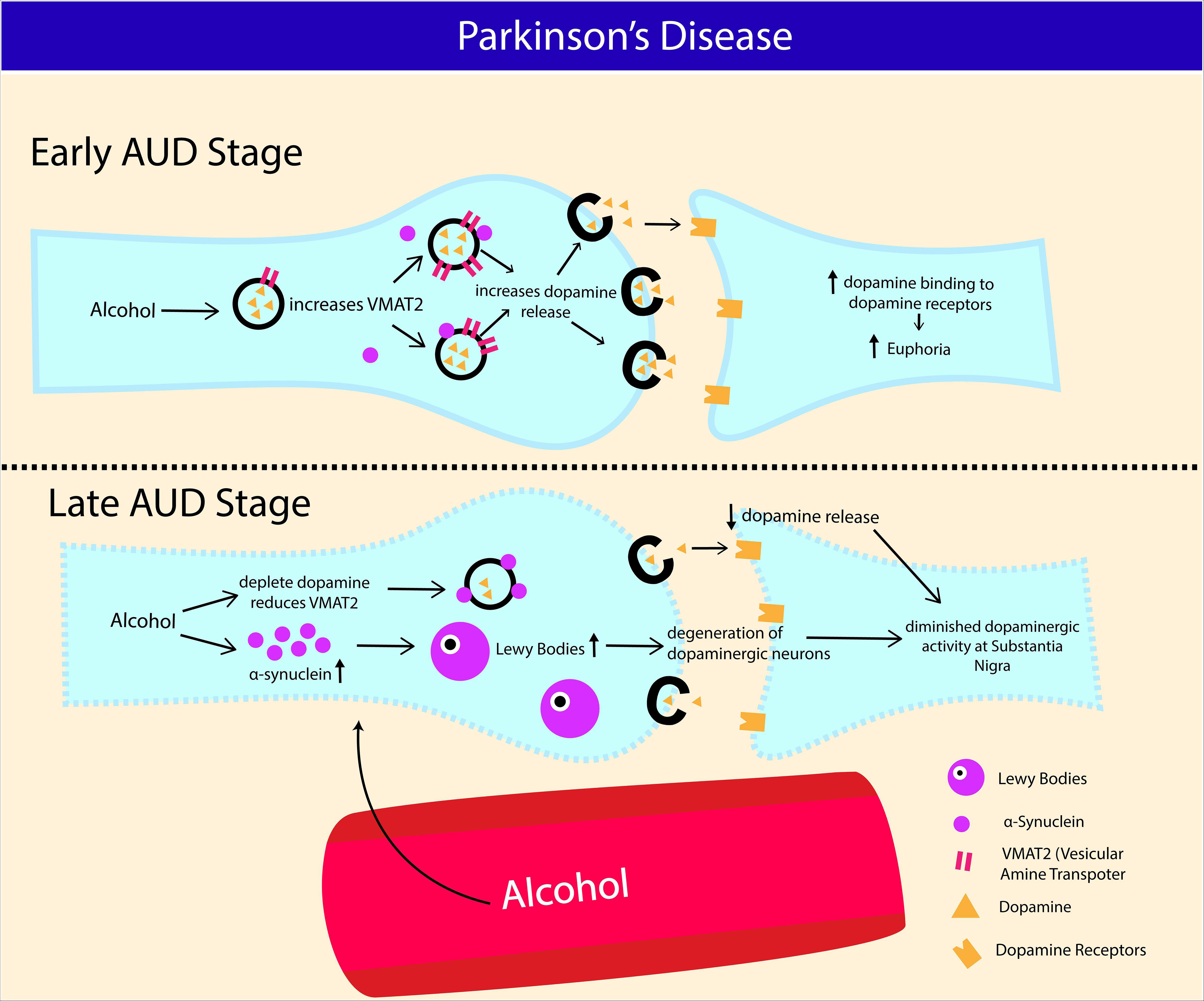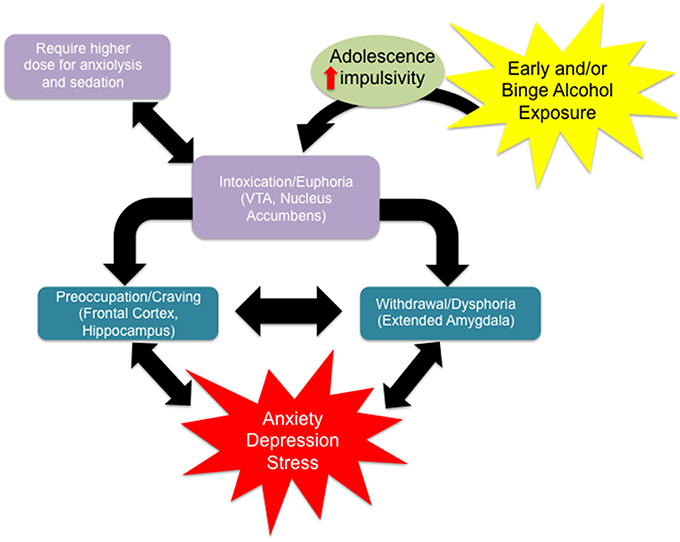Alcohol Use Disorder, often abbreviated as AUD, is a chronic condition characterized by an inability to control alcohol consumption despite its negative impact on health, relationships, and daily life. It is a widespread issue affecting millions of individuals worldwide, leading to significant physical, emotional, and social consequences. Understanding the causes, effects, and recovery options for this disorder is crucial in addressing its prevalence and helping those who struggle with it. This article delves into the factors contributing to Alcohol Use Disorder, its far-reaching effects, and the various pathways available for recovery.

Understanding the Causes of Alcohol Use Disorder
Alcohol Use Disorder does not stem from a single cause but rather arises from a combination of genetic, environmental, psychological, and social factors. Recognizing these underlying causes can help in both prevention and treatment efforts.
Genetic Predisposition
Research has shown that genetics play a significant role in the development of Alcohol Use Disorder. Individuals with a family history of alcohol misuse are at a higher risk of developing similar behaviors. Certain genes may affect how the brain responds to alcohol, making some people more susceptible to addiction. However, having a genetic predisposition does not guarantee that someone will develop the disorder; it simply increases the likelihood.
Environmental Influences
The environment in which a person grows up and lives can heavily influence their relationship with alcohol. Factors such as exposure to alcohol at a young age, peer pressure, cultural norms, and easy access to alcohol can contribute to the development of problematic drinking habits. Additionally, stressful environments, such as homes with domestic violence or financial instability, may push individuals toward alcohol as a coping mechanism.
Psychological Factors
Mental health conditions often coexist with Alcohol Use Disorder. Conditions such as depression, anxiety, post-traumatic stress disorder, and other mood disorders can increase the risk of alcohol misuse. Many individuals turn to alcohol as a form of self-medication to alleviate symptoms of these conditions. Unfortunately, this often leads to a vicious cycle where alcohol worsens mental health issues, which in turn drives further alcohol consumption.
Social and Cultural Norms
In many societies, alcohol consumption is normalized and even celebrated in social settings. Events, celebrations, and gatherings often revolve around drinking, making it challenging for individuals to abstain. Social pressures to conform or fit in can lead to excessive drinking, especially among younger populations. Additionally, media portrayals of alcohol as glamorous or essential for relaxation can reinforce harmful drinking behaviors.
The Effects of Alcohol Use Disorder
The consequences of Alcohol Use Disorder extend far beyond the individual, impacting families, communities, and society as a whole. These effects manifest in physical, psychological, and social domains, often creating a ripple effect that exacerbates the problem.
Physical Health Consequences
Prolonged and excessive alcohol consumption takes a severe toll on the body. Some of the most common physical health effects include:
- Liver damage, such as fatty liver, hepatitis, and cirrhosis
- Increased risk of cardiovascular diseases, including high blood pressure, heart failure, and stroke
- Weakened immune system, making the body more susceptible to infections
- Gastrointestinal issues, such as ulcers and pancreatitis
- Neurological problems, including memory loss, cognitive decline, and peripheral neuropathy
- Certain types of cancer, such as liver, throat, and breast cancer
These health issues not only reduce the quality of life but also place a significant burden on healthcare systems.
Psychological and Emotional Impact
Alcohol Use Disorder can severely affect mental health and emotional well-being. Chronic alcohol misuse often leads to:
- Depression and anxiety
- Impaired judgment and decision-making abilities
- Increased risk of suicidal thoughts and behaviors
- Mood swings and irritability
- Difficulty maintaining focus and concentration
Over time, these psychological effects can erode an individual’s sense of self-worth and make it harder to seek help or engage in recovery efforts.
Social and Relationship Challenges
The social consequences of Alcohol Use Disorder are profound. Relationships with family members, friends, and colleagues often suffer due to erratic behavior, broken promises, and neglect. Common social effects include:
- Strained or broken marriages and partnerships
- Neglect of parental responsibilities, leading to child welfare concerns
- Loss of friendships and social isolation
- Decreased work performance, job loss, and financial instability
- Legal issues, such as arrests for driving under the influence or public intoxication
These challenges not only harm the individual but also create ripple effects that impact loved ones and communities.
Recovery Options for Alcohol Use Disorder
While Alcohol Use Disorder is a complex and challenging condition, recovery is possible with the right support and resources. A variety of treatment options are available, tailored to meet the unique needs of each individual. These options often involve a combination of medical, psychological, and social interventions.
Medical Detoxification
For individuals with severe alcohol dependence, medical detoxification is often the first step in recovery. This process involves safely managing withdrawal symptoms under the supervision of healthcare professionals. Withdrawal from alcohol can be dangerous, with symptoms ranging from mild anxiety and tremors to severe seizures and delirium tremens. Medical detox ensures that individuals receive the necessary care to navigate this critical phase safely.
Behavioral Therapies
Behavioral therapies are a cornerstone of Alcohol Use Disorder treatment. These therapies aim to identify and address the underlying causes of alcohol misuse while equipping individuals with healthier coping mechanisms. Some commonly used approaches include:
- Cognitive-behavioral therapy, which helps individuals recognize and change negative thought patterns and behaviors
- Motivational interviewing, which enhances an individual’s motivation to change
- Contingency management, which uses rewards to encourage sobriety
- Family therapy, which involves loved ones in the recovery process to repair relationships and build a supportive environment
Medication-Assisted Treatment
Certain medications can aid in the recovery process by reducing cravings and preventing relapse. These medications are often used in conjunction with behavioral therapies for optimal results. Examples include:
- Disulfiram, which causes unpleasant reactions when alcohol is consumed
- Naltrexone, which blocks the pleasurable effects of alcohol
- Acamprosate, which helps restore the brain’s chemical balance after prolonged alcohol use
It is important to note that medication-assisted treatment should always be administered under the guidance of a qualified healthcare provider.
Support Groups and Peer Networks
Support groups play a vital role in the recovery journey by providing a sense of community and accountability. These groups offer a safe space for individuals to share their experiences, challenges, and successes with others who understand what they are going through. Popular support groups include:
- Alcoholics Anonymous, a global fellowship based on the Twelve Steps
- SMART Recovery, which focuses on self-empowerment and evidence-based strategies
- Women for Sobriety, a program specifically designed for women
Participating in support groups can foster long-term recovery by helping individuals build meaningful connections and stay motivated.
Holistic Approaches
In addition to traditional treatments, many individuals benefit from holistic approaches that address the mind, body, and spirit. These methods can complement medical and therapeutic interventions and promote overall well-being. Examples include:
- Meditation and mindfulness practices to reduce stress and improve emotional regulation
- Exercise and physical activity to boost mood and energy levels
- Nutritional counseling to address dietary deficiencies caused by alcohol misuse
- Art and music therapy to express emotions and process trauma
By incorporating these practices, individuals can enhance their recovery experience and build a healthier lifestyle.
Long-Term Aftercare
Recovery from Alcohol Use Disorder is an ongoing process that requires commitment and vigilance. Aftercare programs are essential in helping individuals maintain sobriety and prevent relapse. These programs may include:
- Continued participation in therapy or counseling
- Regular attendance at support group meetings
- Development of a strong support network of friends and family
- Identification of triggers and creation of a relapse prevention plan
Aftercare ensures that individuals have the tools and resources they need to navigate challenges and sustain their recovery over time.





